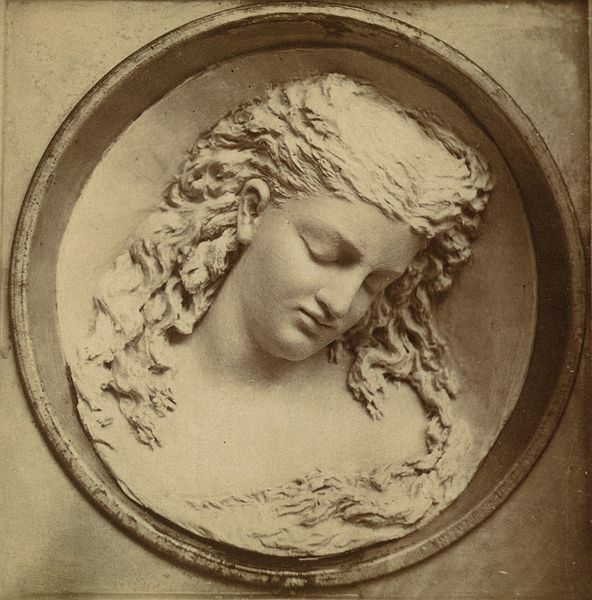“From milk, too, butter is produced; held as the most delicate of food among barbarous nations, and one which distinguishes the wealthy from the multitude at large.” (Pliny The Elder, Natural History, 28.35)

Yesterday, my sister thought of and shared another of her pearls of wisdom: virtue tastes like butter. My sister’s displays of wit are always very welcomed guests set to straighten out some discussions. At the time, a discussion on virtue and its demons, right in the middle of our meal. Suddenly, while savoring a toasty bread spread with butter, she came up with her dairy metaphor. I immediately chimed in, I felt an important resonance stemming from her idea: virtue is good, and so is butter. Simple. But I even dare to go a step further: butter tastes much better than virtue. After all, what’s virtue? An ideal, likely and commendably pursuable, but, nevertheless, more often than not a matter of fiction. A cynical rehearsal would yield this statement: virtue is something that others worry about. But it’s not the case for butter. Butter is impervious to moral’s grounds (except, remarkably, for the perils of gluttony.) Thereby, if one’s able to enjoy dairy foods, butter will be a feast for the senses, and will turn bread into Bread, and breakfast into Breakfast. Barbarous nations of early Europe were aware of this special substance of butter, and they bore derogatory labels from Romans and Greeks, who tagged them as simple “milk-drinkers”. Unfortunately, Mediterranean climate was very harsh on butter, better suited to the climates of northern Europe and its barbarians. And time, perfect master of everything, would prove barbarians right. And time, ancient times, have kept butter as a delicacy, a pleasure coming from the dawn of the world. As Leigh Hunt once stated: “Bread, milk and butter are of venerable antiquity. They taste of the morning of the world.” Bread spread with butter, a breakfast with the family… ah, simple things are the best.
Pursuing virtue might be a complex issue. However, we have butter.. and virtue tastes like butter… so…
“Meanwhile, let us dine and breakfast, like good-humored people; and not quarrel with our bread and butter.” (Leigh Hunt, The Seer, Breakfast Concluded)